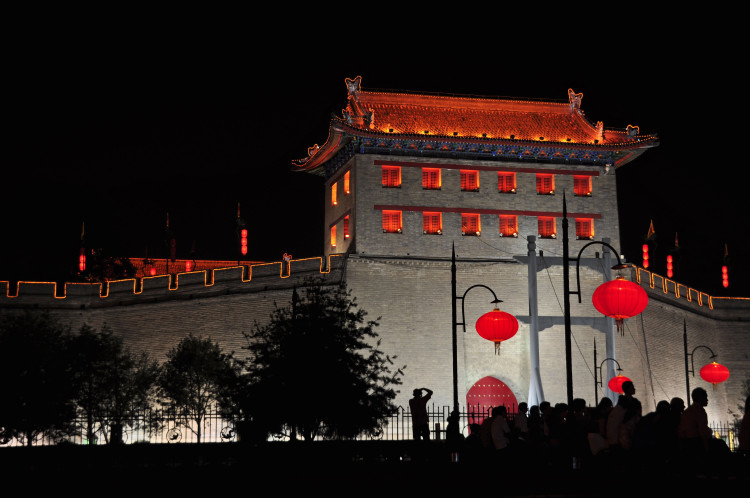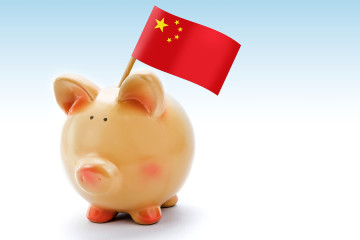China Stocks Extend Biggest Plunge Since 2007 on Support Doubts

©2015 Bloomberg News
NTM8W16K50XW
(Bloomberg) — Chinese stocks slumped for a fourth day, extending the steepest rout since 2007, on concern the government is paring back support for the market.
The Shanghai Composite Index tumbled 4.5 percent to 3,065.25 at 10 a.m. local time, heading for the lowest close in eight months. The gauge plunged 8.5 percent on Monday, following last week’s 12 percent decline. Property and technology companies led declines.
Unprecedented government intervention has failed to stop a $4.5 trillion rout since the market peaked in June amid growing concern the slowdown in the world’s second-largest economy is deepening. The central bank added the most funds to the financial system in open-market operations since January 2014 on Tuesday as currency-market intervention to prop up the yuan strained the supply of cash.
“It’s panic selling and an issue of confidence,” said Wei Wei, an analyst at Huaxi Securities Co. in Shanghai. “The government won’t step in to rescue the market again as it’s a global sell-off and it’s spreading everywhere now. It’s not going to work this time.”
Speculation around the government’s intentions has escalated since Aug. 14, after China’s securities regulator signaled authorities will pare back the campaign to prop up share prices as volatility falls. Officials should wind down the stock market support program even if prices continue to fall, according to a front-page commentary in the state-run Economic Information Daily on Tuesday.
Officials have armed a state agency with more than $400 billion to buy stocks, banned selling by major shareholders and told state-owned companies to buy equities. The central bank has stopped short from further steps to revive the economy after its surprise Aug. 11 yuan devaluation.
Slowing Growth
Economic growth slowed to 6.6 percent in July, according to Bloomberg’s monthly GDP tracker. China’s first major economic indicator for August signaled a further deterioration as a private manufacturing index fell to the lowest level in six years.
The CSI 300 Index dropped 4.2 percent on Tuesday, led by technology, industrial and material companies. The Hang Seng China Enterprises Index in Hong Kong rose 0.6 percent, while the Hang Seng Index advanced 1.1 percent. The Hong Kong stock gauges slumped more than 5 percent on Monday.
The People’s Bank of China auctioned 150 billion yuan ($23.4 billion) of seven-day reverse-repurchase agreements, according to traders at primary dealers required to bid at the auctions. That compares with 120 billion yuan maturing Tuesday, which leaves a net injection of 30 billion yuan.
While China said over the weekend it will allow pension funds to buy shares for the first time, a speculated cut in bank reserve ratios failed to materialize.
“The A-share market will not have a significant turnaround unless the central government announces something,” said Ronald Wan, chief executive at Partners Capital International Ltd. in Hong Kong.
–With assistance from Kana Nishizawa in Hong Kong.
To contact Bloomberg News staff for this story: Zhang Shidong in Shanghai at szhang5@bloomberg.net To contact the editors responsible for this story: Richard Frost at rfrost4@bloomberg.net Allen Wan




No Comment